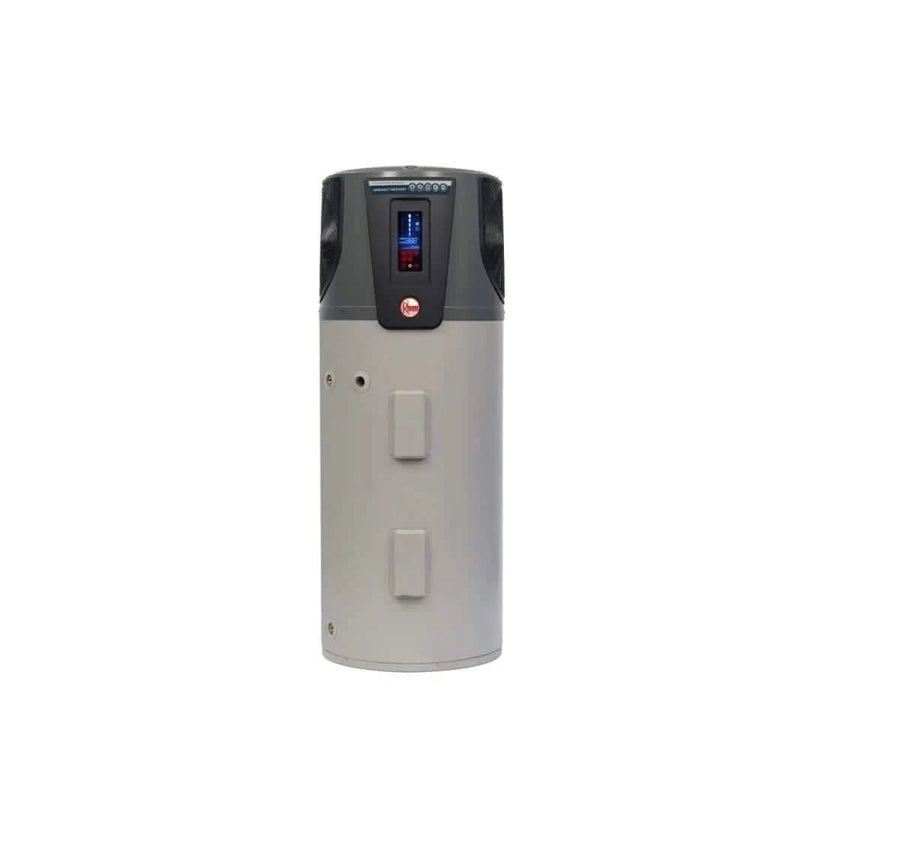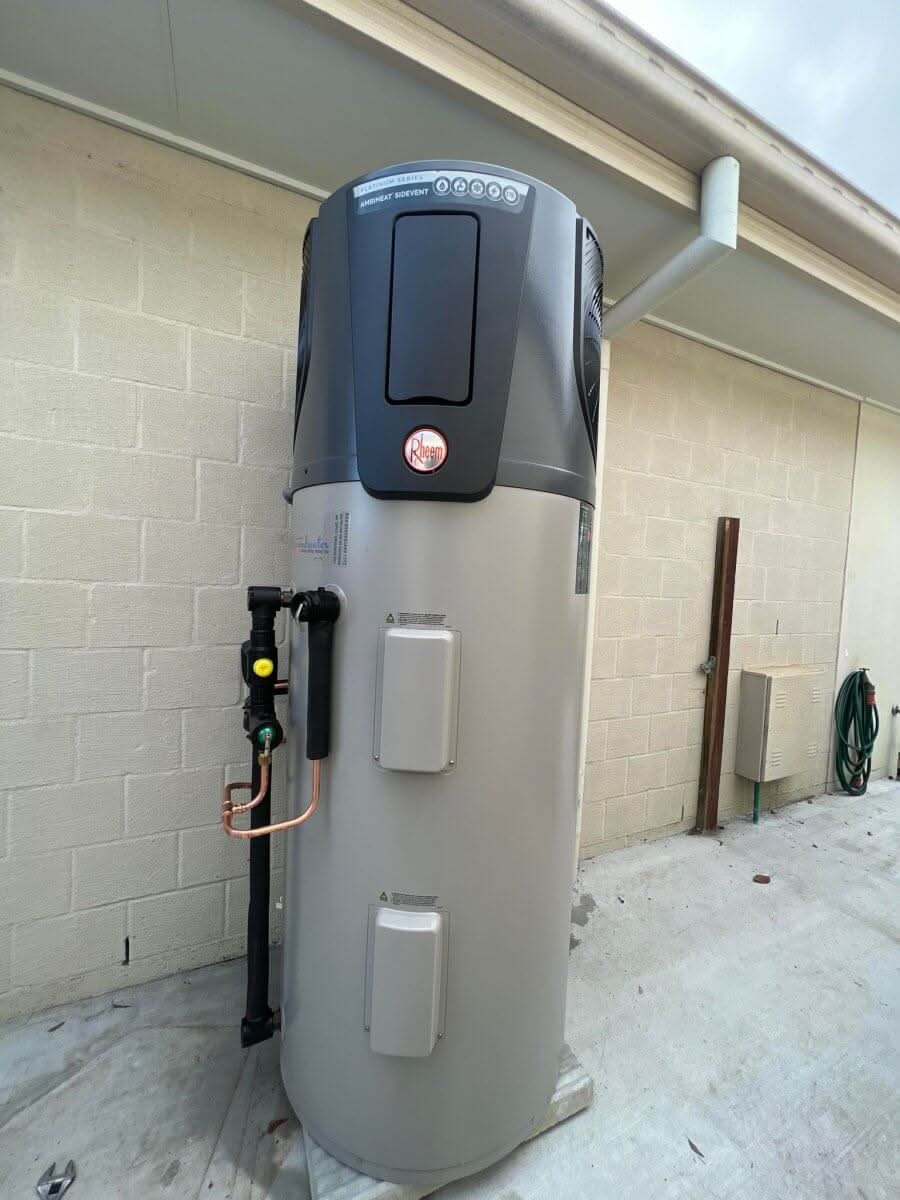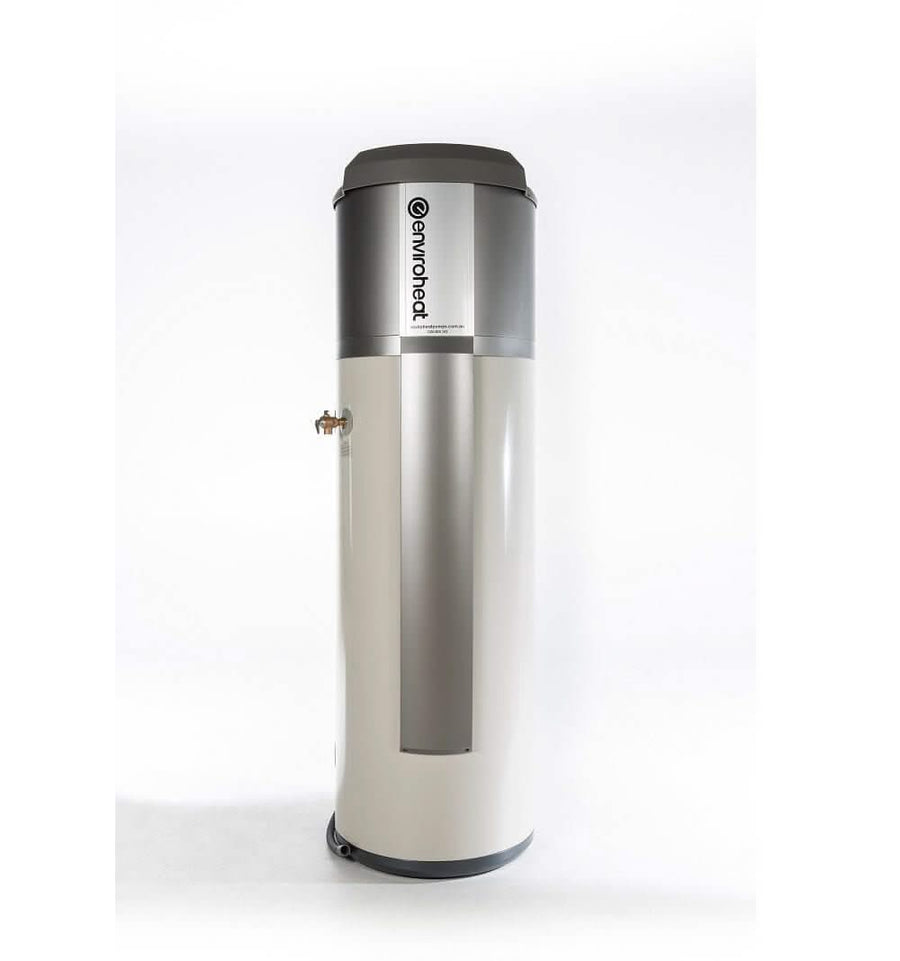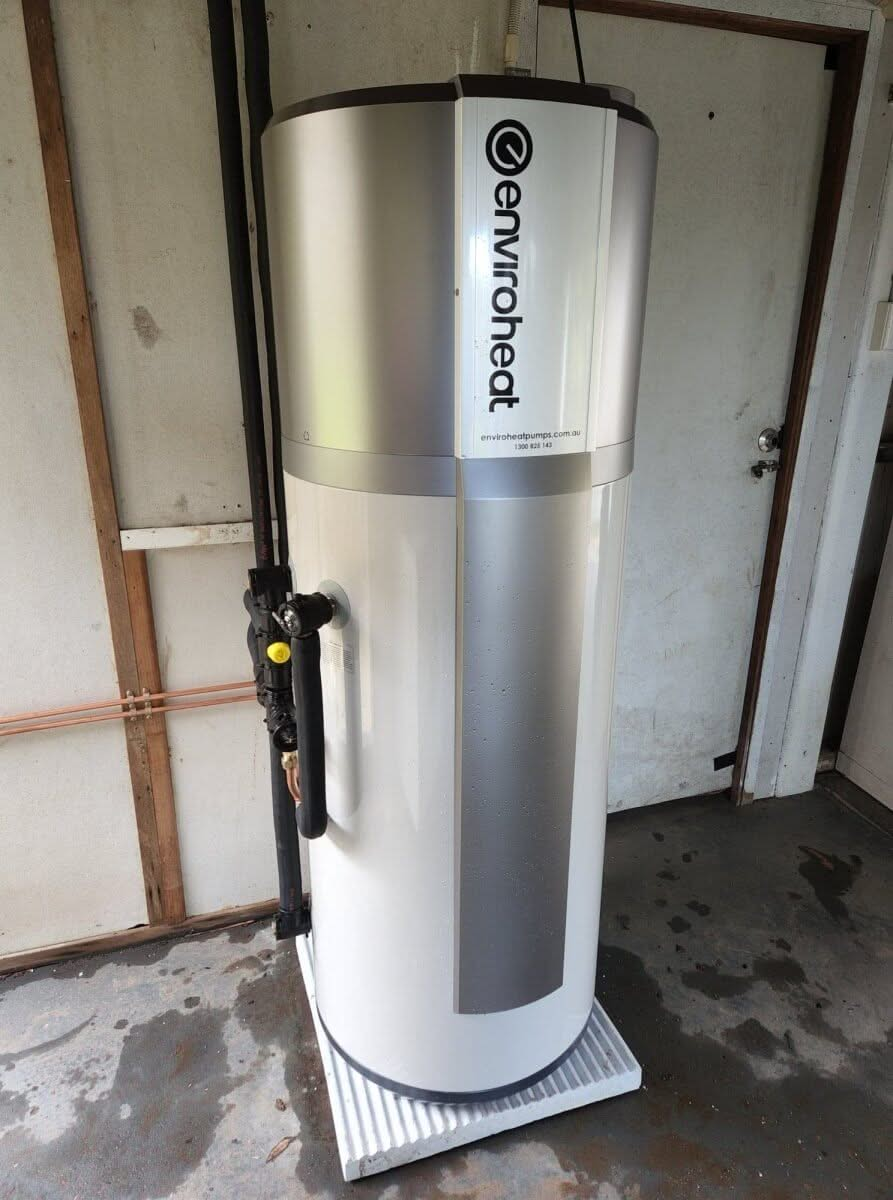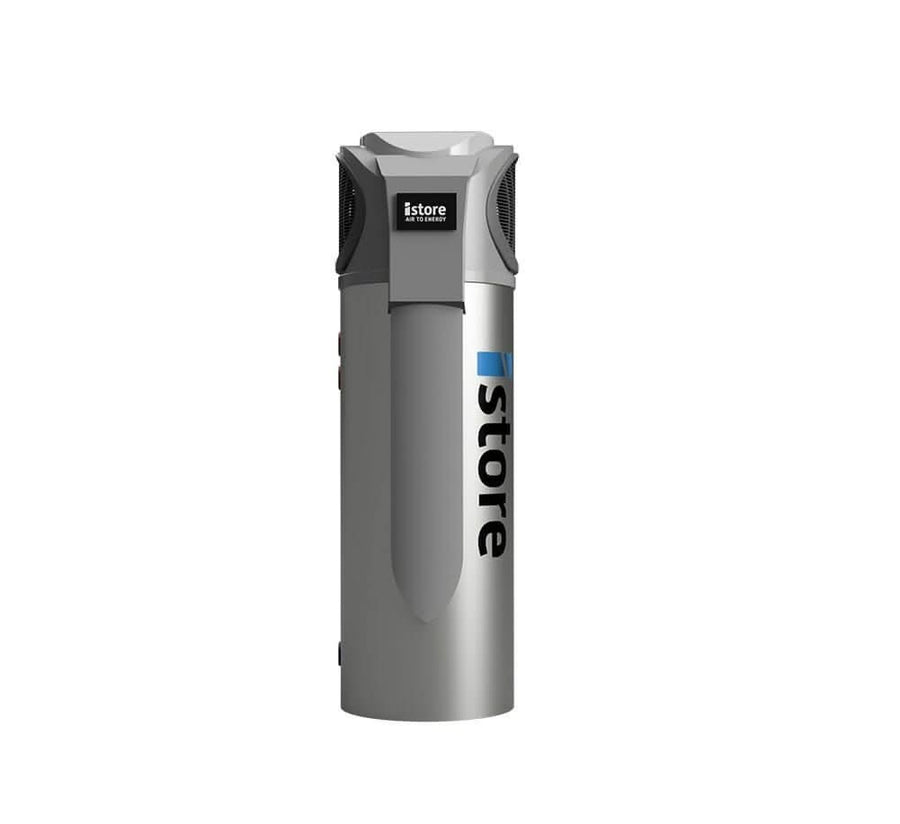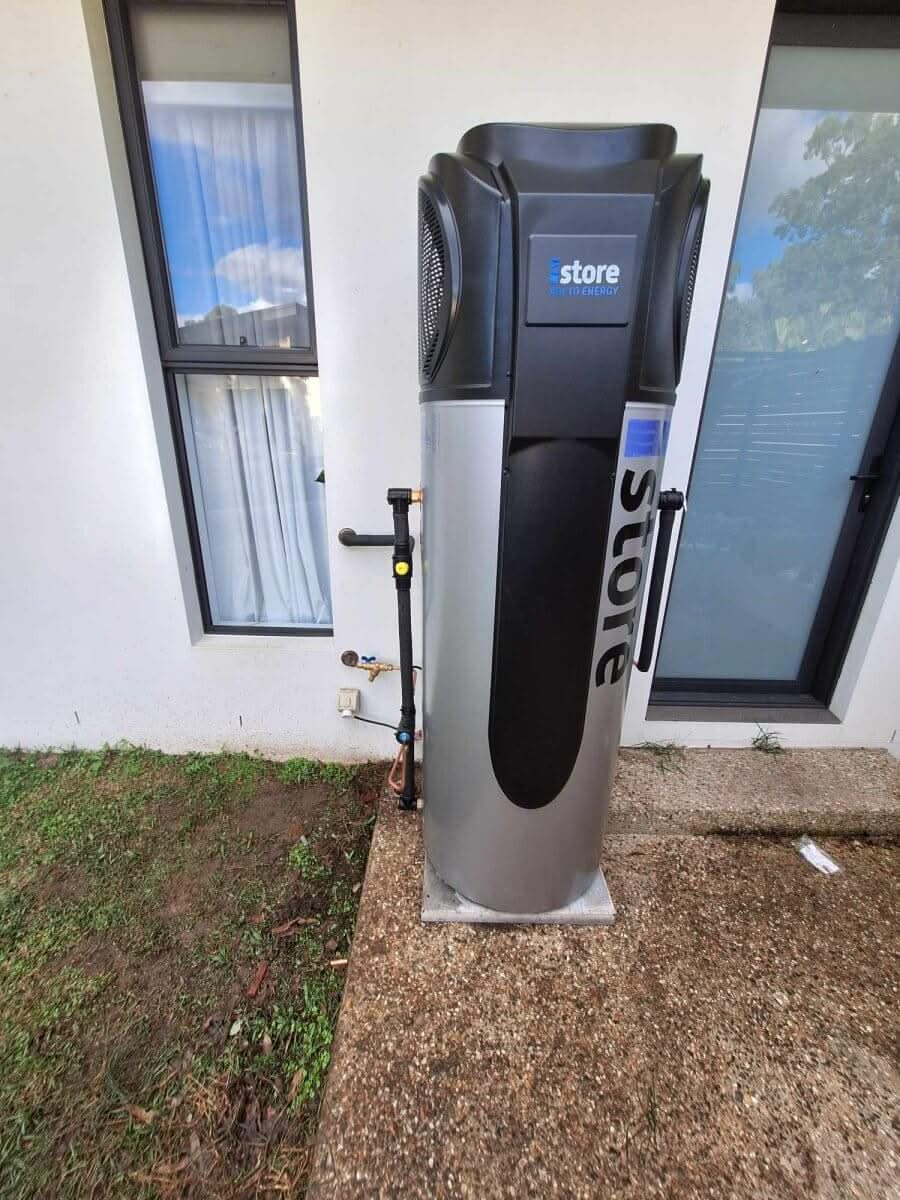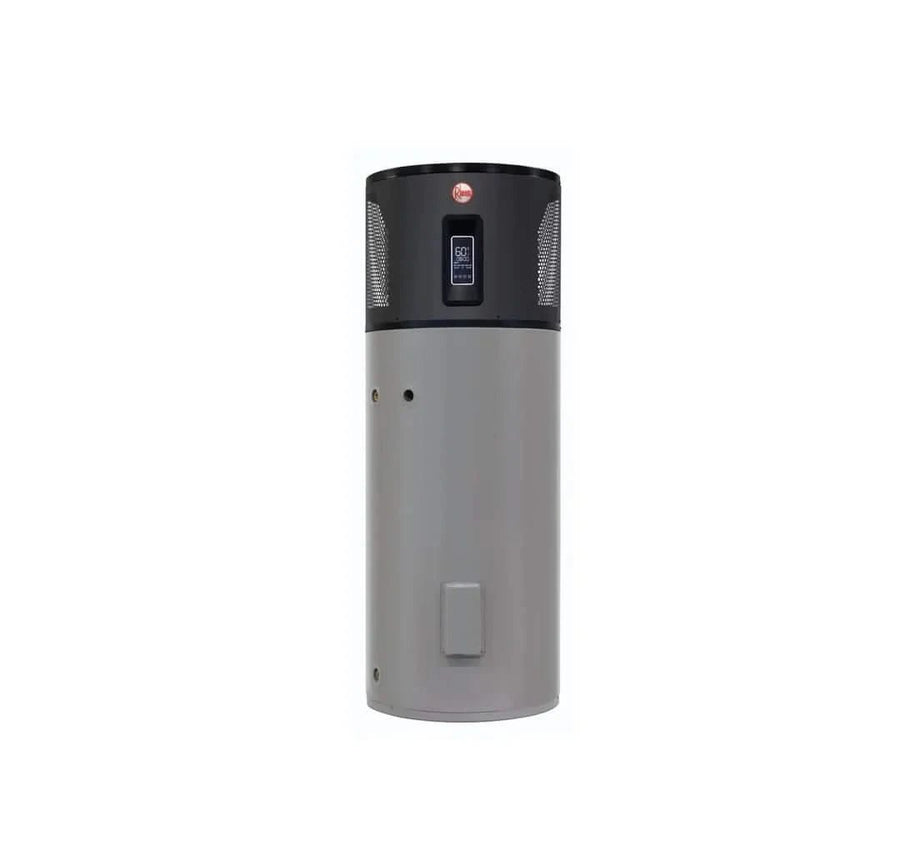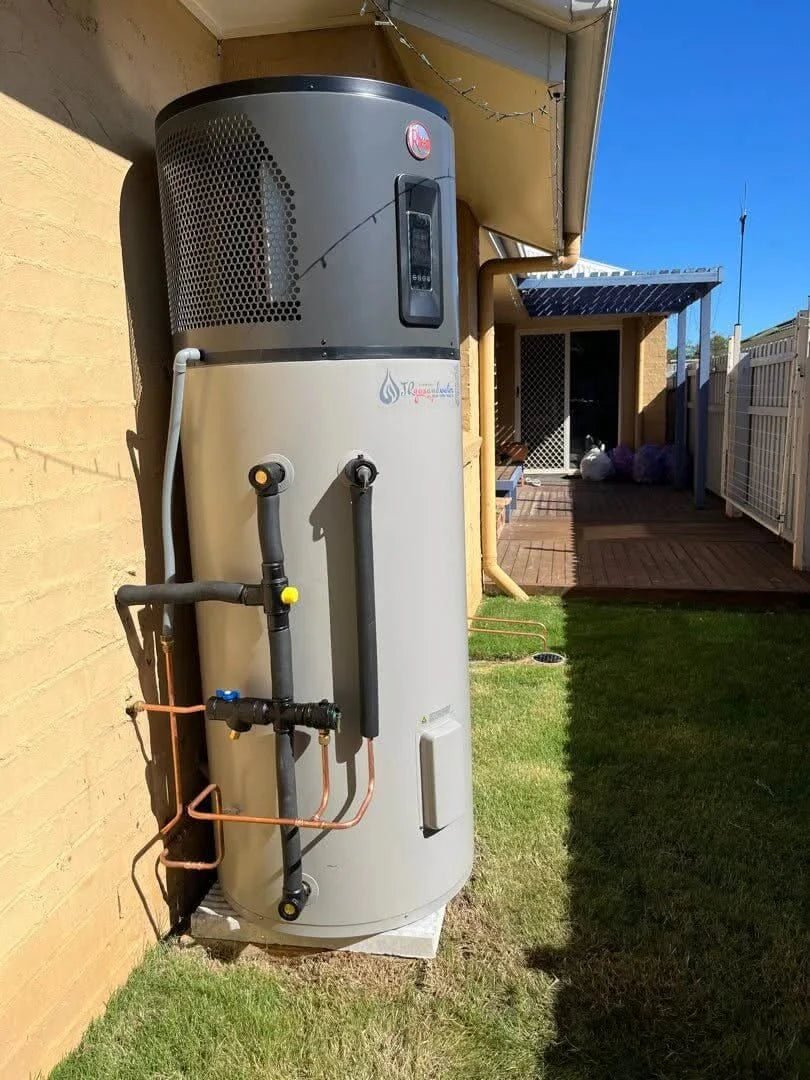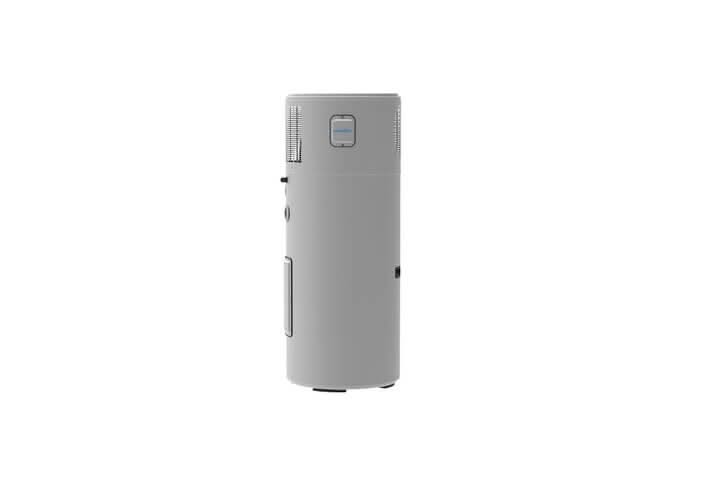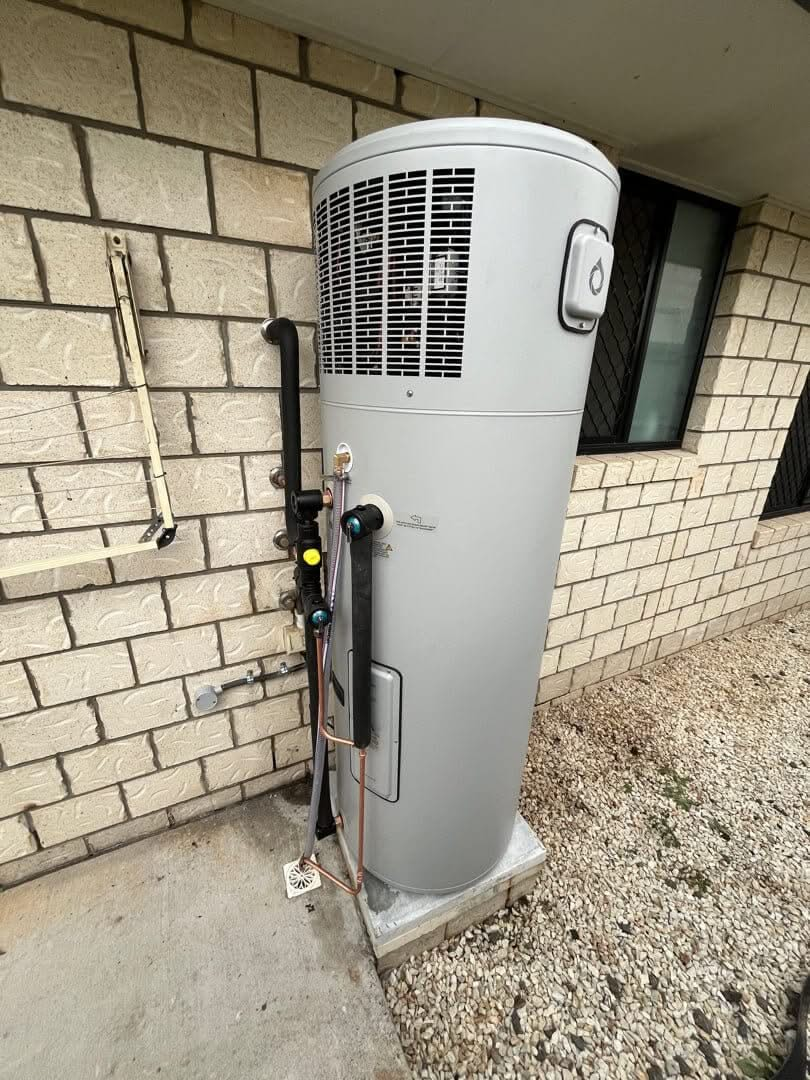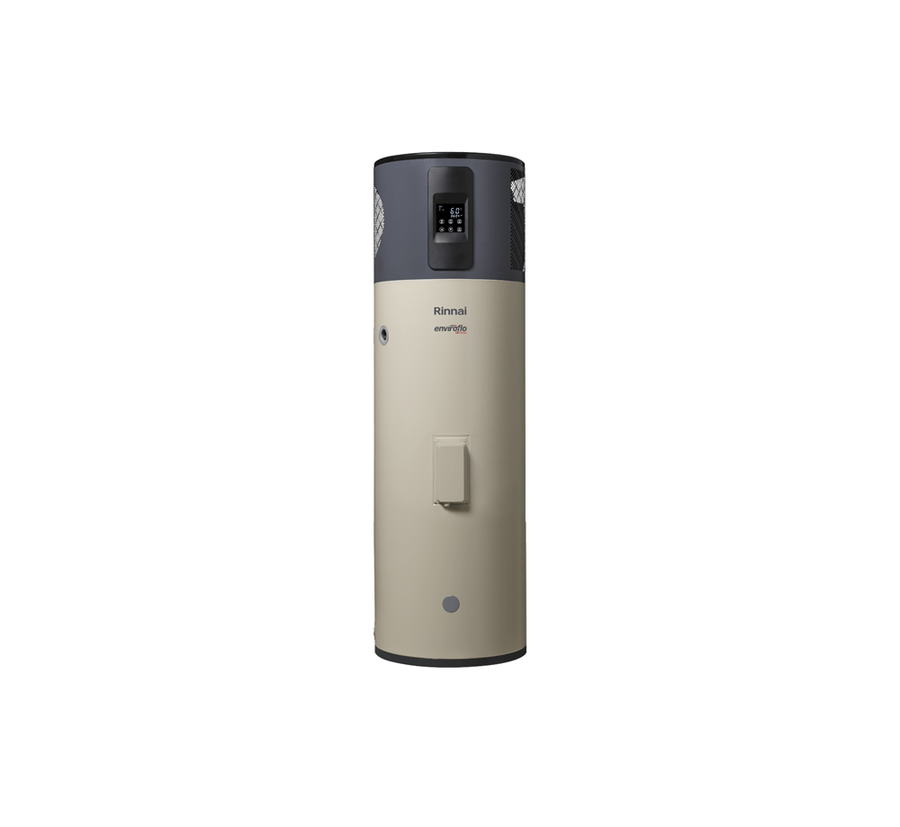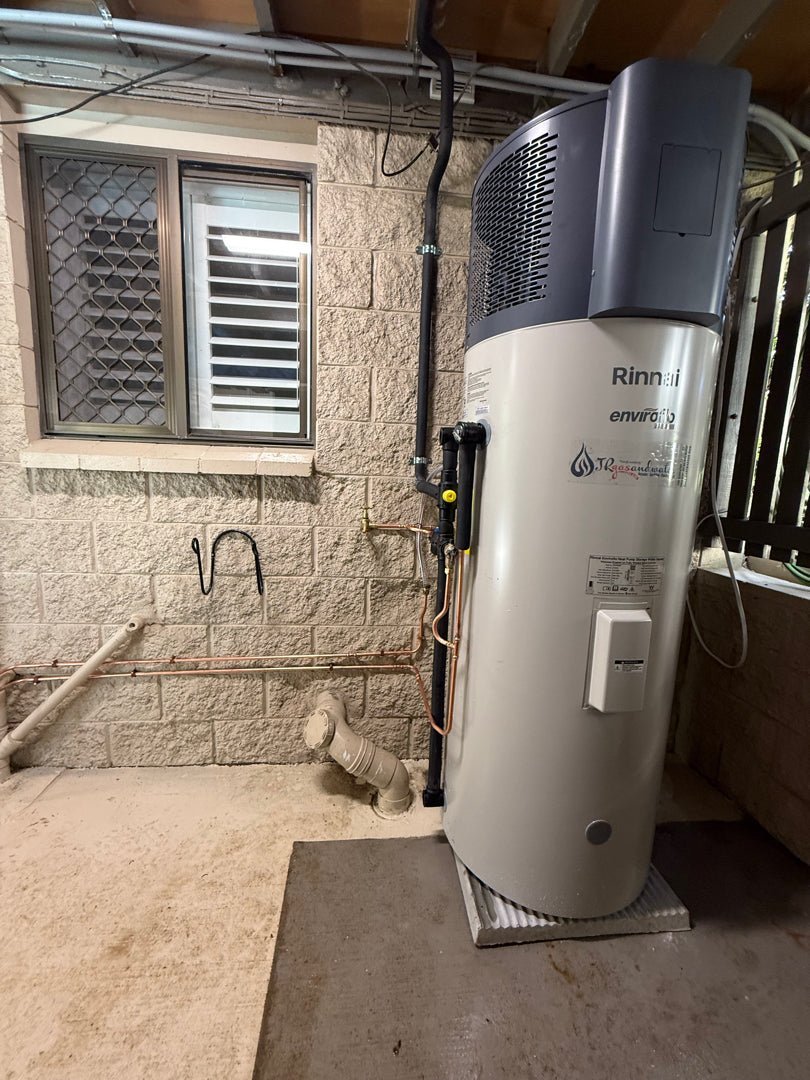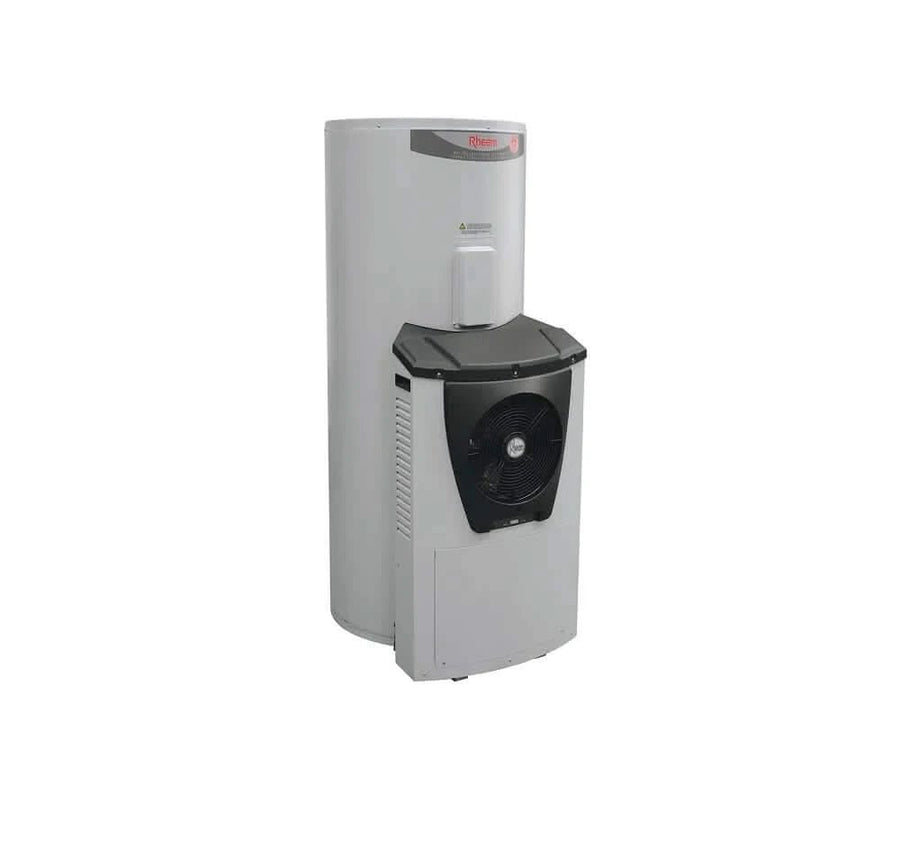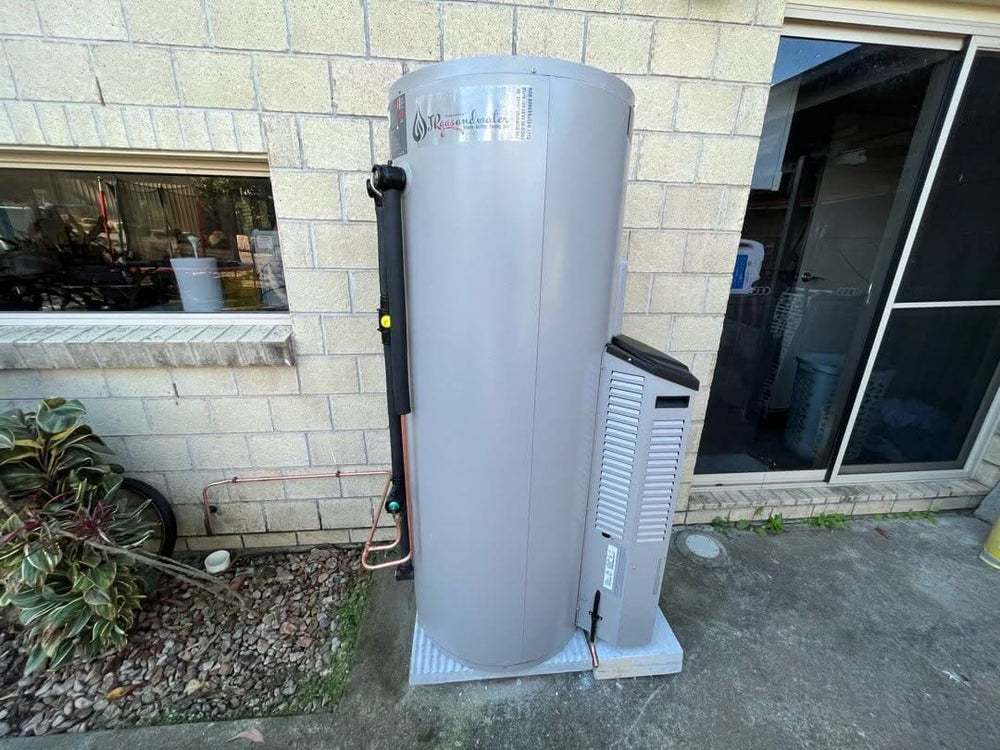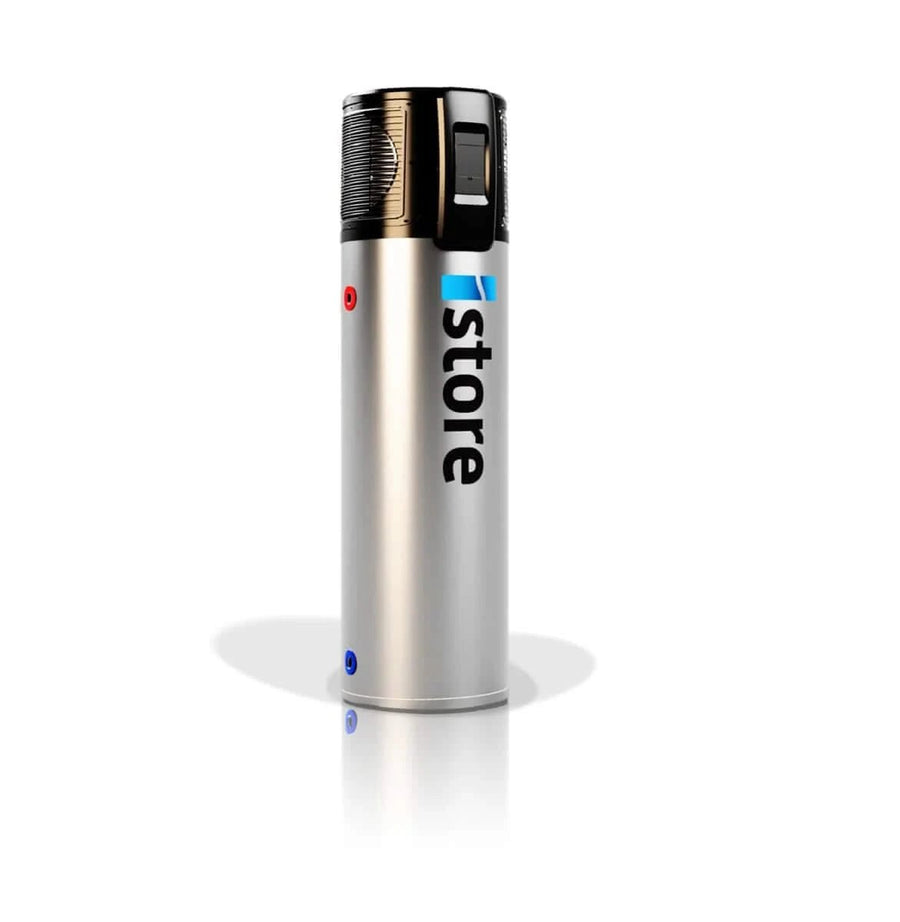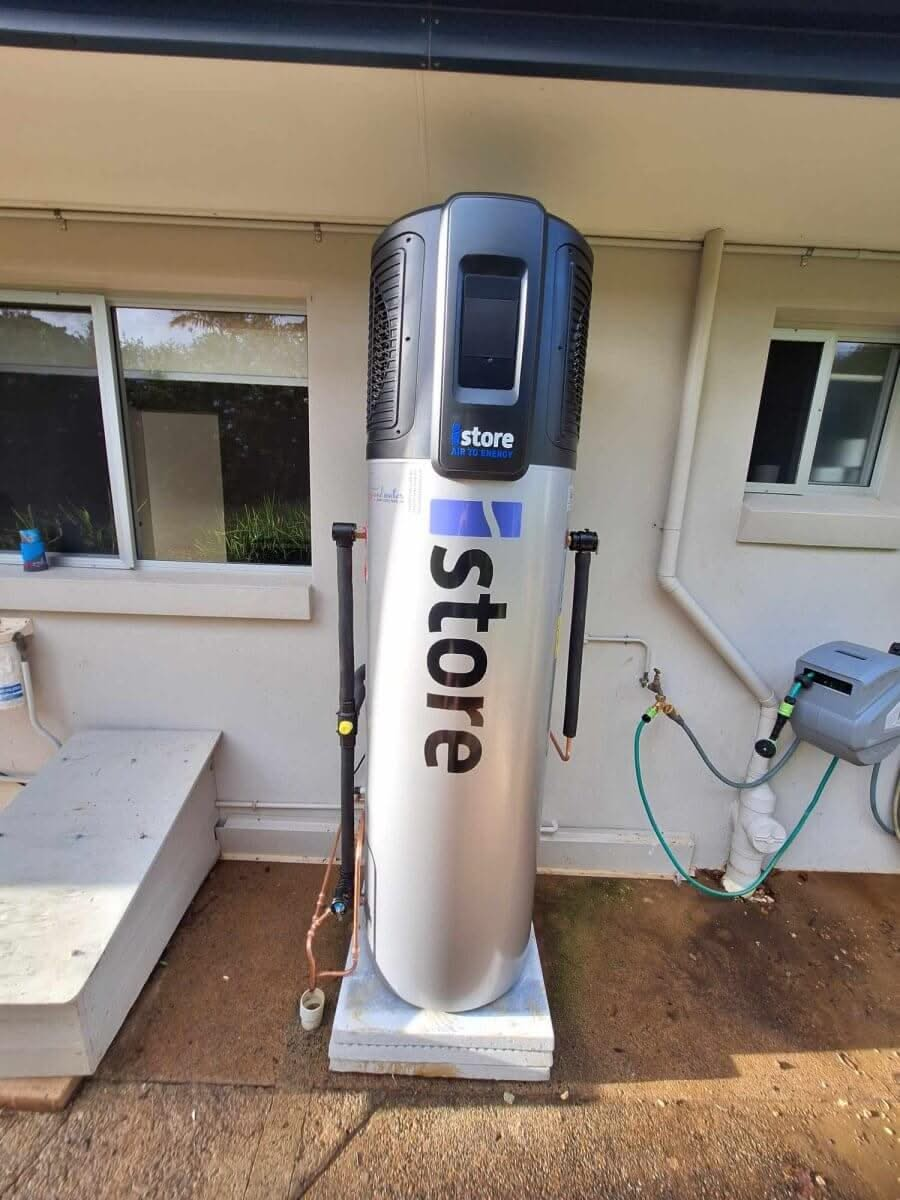Efficient Home Comfort: Understanding Hydro Heating System
What is Hydro Heating?
Hydro heating, also known as hydronic heating, is a sophisticated system that utilizes water to distribute heat throughout a building. This method of heating has a rich history, dating back to ancient civilizations like the Romans, who employed a primitive form of hydronic heating called “hypocaust” to warm their homes and public baths. Fast forward to modern times, and hydronic heating has evolved into a highly efficient and versatile solution for both residential and commercial properties.
In contemporary settings, hydronic heating systems work by circulating hot water through a network of pipes to various heat emitters such as radiators, underfloor heating systems, or heated towel rails. This process ensures a consistent and comfortable heat distribution, making it a popular choice for those seeking energy-efficient and reliable heating solutions. The ability to integrate with various energy sources, including natural gas, electricity, and hydronic heat pumps, further enhances its appeal.
Why Choose a Hydro Heating System?
Looking for a cost-effective and efficient way to heat your home? Hydro heating systems distribute heat through hot water, ensuring even warmth, quiet operation, and improved air quality. This guide explains the mechanics, benefits, installation insights, and cost implications to help you make an informed decision. Hydronic heating offers improved air quality and even heat distribution, making it a superior choice over traditional heating methods.
How Does a Hydro Heating System Provide Radiant Heat?
A hydronic heating system operates by heating water in a boiler or heat pump and circulating it through a closed-loop network of pipes to various heat emitters, such as radiators, underfloor heating, or towel rails. Hydronic heating works by using hot water to efficiently heat homes through sealed pipes, distributing warmth via wall-mounted radiators or underfloor systems. This method offers consistent, draft-free warmth and enhances energy efficiency.
✔ Even Heat Distribution – Eliminates cold spots for uniform warmth ✔ Energy Efficient – Uses up to 30% less energy than traditional systems ✔ Improved Air Quality – Reduces allergen and dust circulation ✔ Silent Operation – No noisy fans or blowers ✔ Compatible with Multiple Energy Sources – Can run on gas, electric, solar, or heat pumps
🔗 Explore Hydro Heating Systems Now
Key Components of a Hydro Heating System
1. Boiler (or Heat Pump)
-
Heats water to the required temperature
-
Can be powered by gas, electricity, heat pumps, or wood pellets
2. Radiators & Underfloor Heating
-
Distributes heat evenly throughout rooms. Radiator panels play a crucial role in distributing heat effectively and offer customizable options for aesthetics and design.
-
Underfloor heating is ideal for bathrooms and large spaces
3. Pump & Pipe Network
-
Circulates hot water efficiently
-
Closed-loop system prevents heat loss
4. Smart Thermostats & Zoning
-
Allows individual room temperature control
-
Enhances efficiency and reduces running costs
🔗 Compare Hydro Heating Options
Types of Hydro Heating Systems
✔ Radiator-Based Heating – Ideal for retrofitting older homes ✔ Underfloor Heating – Perfect for modern homes & new builds ✔ Towel Rail Heating – Provides comfort & prevents moisture build-up ✔ In-Floor Trench Heating – Great for open-plan spaces
Types of Hydro Heating Systems. These systems provide true radiant heat, which is efficient and healthier than traditional ducted heating methods.
🔗 Find the Best Hydro Heating System for Your Home
Factors to Consider When Choosing a Hydro Heating System
Hydro Heating vs. Traditional Heating
|
Feature |
Hydro Heating |
Forced Air Heating |
Electric Heaters |
|---|---|---|---|
|
Energy Efficiency |
✅ Up to 90% |
❌ ~50% |
❌ ~70% |
|
Even Heat Distribution |
✅ Yes |
❌ No (hot & cold spots, relies on forcing warm air throughout the house, leading to uneven heat distribution and loss of heat retention) |
❌ No |
|
Quiet Operation |
✅ Silent |
❌ Noisy fans |
✅ Silent |
|
Air Quality |
✅ No dust/allergens |
❌ Circulates dust |
✅ No dust/allergens |
🔗 Get a Hydro Heating System Quote
Cost & Installation Considerations
✔ Initial Investment – $1,300 to $1,600 per radiator (including boiler) ✔ Running Costs – Lower than gas and electric heating ✔ Installation Time – Typically 1-2 weeks for a full house ✔ Retrofitting Possible – Can be integrated into existing homes. However, attempting to install hydronic heating without professional help can pose significant risks. It is crucial to hire trained professionals to ensure proper installation and optimal system performance.
🔗 Check Installation Costs & Financing Options
Professional Installation and Advice
Selecting the right hydro heating system for your home or business involves careful consideration of several key factors to ensure optimal performance and efficiency. Here are some crucial aspects to keep in mind:
-
Professional Installation: The installation of hydronic heating systems should be handled by licensed professionals with experience in hydronic systems. Proper installation is critical to the system’s efficiency and safety, so it’s essential to hire a qualified plumber or heating specialist.
-
System Size and Configuration: The size and configuration of your hydronic heating system should be tailored to the specific needs of your building. Factors such as the size of the space, insulation quality, and heating requirements will influence the system design. A professional installer can assess these factors and recommend the best system for your needs.
-
Heat Source: Hydronic heating systems can be powered by various heat sources, including natural gas, electricity, and hydronic heat pumps. Each option has its own set of advantages and considerations in terms of cost, efficiency, and environmental impact. Evaluating these factors will help you choose the most suitable heat source for your system.
-
Radiators and Heat Emitters: The choice of radiators or other heat emitters is crucial for achieving the desired heating performance. Consider the size, material, and design of the radiators to ensure they complement your building’s architecture and meet your heating needs effectively.
-
Control Systems: Advanced control systems are essential for optimizing the performance of your hydronic heating system. Look for smart thermostats and zoning options that allow you to control temperature settings, timing, and individual room heating. This not only enhances comfort but also improves energy efficiency and reduces running costs.
Maintenance & Longevity
✔ Annual Boiler Servicing – Extends system life. Regular servicing is crucial for systems that provide both heating and cooling to ensure optimal performance and efficiency. ✔ Flush Pipes Every 5 Years – Prevents buildup and maintains efficiency ✔ Check for Leaks & Corrosion – Keeps system running smoothly ✔ Replace Anode Rods – Protects water quality in storage tanks
🔗 Book a Hydro Heating System Service
Environmental Benefits of Energy Efficient Hydro Heating Systems
✔ Lower Carbon Footprint – Reduces emissions by 30-50%
✔ Can Be Paired with Solar – Further enhances energy savings
✔ Uses Water, Not Air – Prevents loss of humidity & improves comfort
🔗 Learn More About Eco-Friendly Heating
Emerging Trends in Hydro Heating
The hydro heating industry is continuously evolving, with new technologies and innovations enhancing the efficiency and functionality of these systems. Here are some of the latest trends shaping the future of hydronic heating:
-
Heat Pumps: The use of heat pumps as a heat source for hydronic heating systems is gaining popularity. Heat pumps offer high efficiency, lower emissions, and significant cost savings, making them an attractive option for modern heating solutions.
-
Solar Thermal Systems: Solar thermal systems harness solar energy to heat water, providing a renewable and sustainable heat source for hydronic heating systems. This integration not only reduces reliance on traditional energy sources but also lowers the carbon footprint of the heating system.
-
Smart Controls: The integration of smart controls into hydronic heating systems allows for remote monitoring, scheduling, and optimization of heating performance. These advanced control systems enable users to manage their heating more efficiently, leading to enhanced comfort and energy savings.
-
Radiant Cooling: Emerging radiant cooling systems are being developed to provide efficient and comfortable cooling solutions for buildings. These systems work on the same principle as radiant heating, using water to absorb and dissipate heat, offering a versatile solution for year-round climate control.
-
Hybrid Systems: Hybrid systems that combine different heat sources, such as natural gas and heat pumps, are becoming more popular. These systems offer flexibility and efficiency by leveraging the strengths of multiple energy sources, ensuring reliable and cost-effective heating.
By staying informed about these emerging trends and considering the key factors when choosing a hydro heating system, you can make an informed decision that meets your heating needs, enhances comfort, and reduces your environmental impact.
Frequently Asked Questions
❓ Is a hydro heating system worth it?
✔ Yes! It’s more energy-efficient and cost-effective than traditional heating.
❓ How long does a hydro heating system last?
✔ With proper maintenance, these systems can last 15-25 years.
❓ Is hydro heating expensive to run?
✔ No! It uses 30% less energy than forced air or electric heating.
❓ Can I install a hydro heating system in an existing home?
✔ Yes! Radiators or trench heating can be retrofitted into most homes.
❓ Does hydro heating require a lot of maintenance?
✔ Minimal maintenance – Annual servicing keeps it running smoothly.
🔗 Get a Free Quote on Hydro Heating Systems
Upgrade to a Hydro Heating System Today!
Invest in a hydro heating system and enjoy consistent warmth, energy efficiency, and long-term savings. With expert installation and competitive pricing, Installed Today is your go-to provider for efficient home heating solutions.
🔗 Get Started with Hydro Heating






